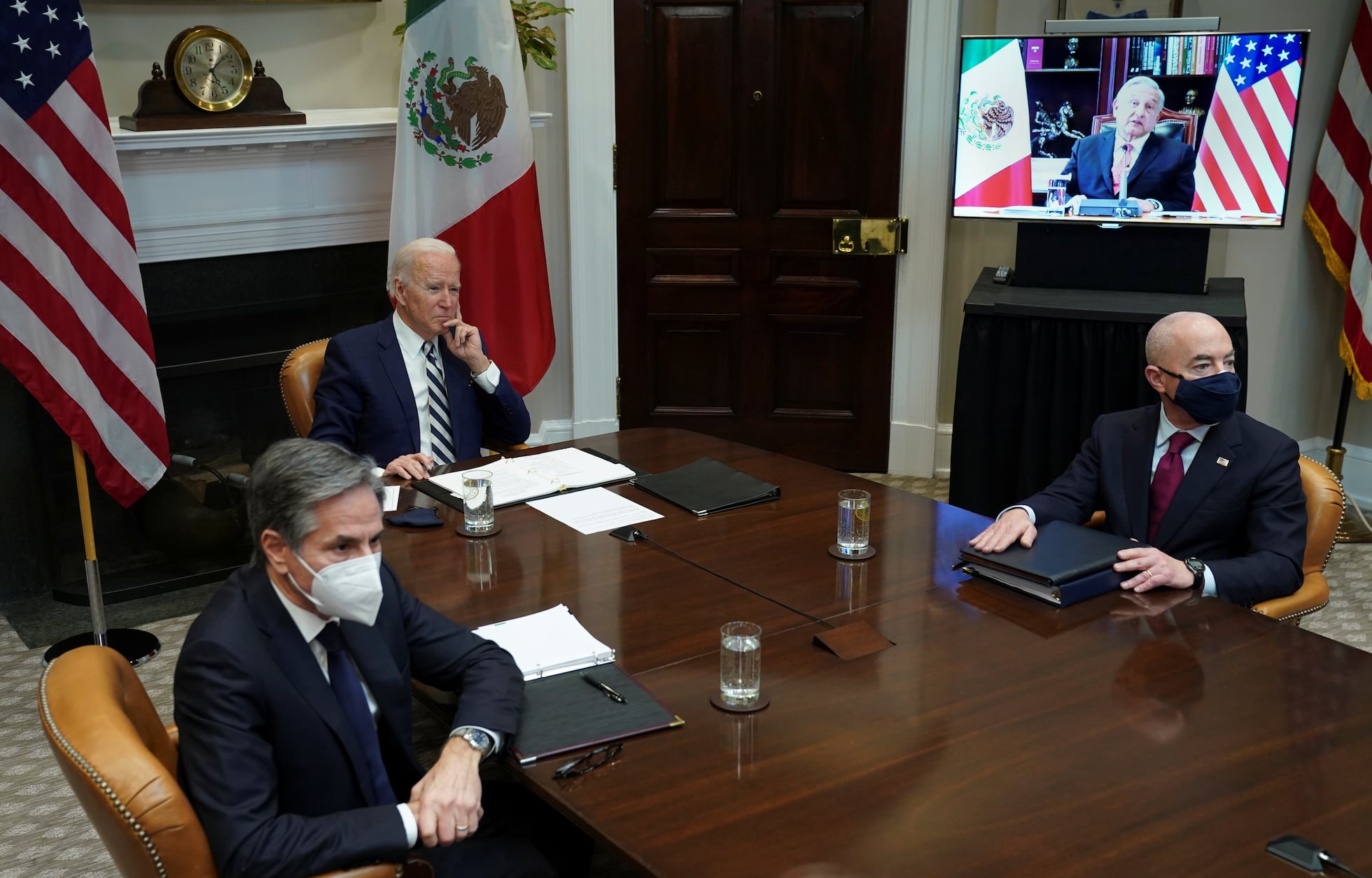The New Normal between China and the US
(Taiwan) on 1 August 2021
by Kun-Shuan Chiu (link to original)
The current development in China-U.S. relations is in reality the result of a change in power dynamics. At the beginning of the century, China joined the World Trade Organization as a poor developing country; now its economic output has reached 70% of that of the United States, and it is in need of venting the deep sense of historical humiliation it has been harboring. The United States has long dominated the world and is accustomed to creating and dominating the international order. When faced with an unprecedented challenge like the current one, the United States, with discomfort on an emotional level mixed with an undisguisable sense of loss, has decided to work to suppress and defeat the rise and the threat of mainland China.
The recent meeting demonstrated a new pattern of interaction between the two powers, with the mainland engaging in eye-level diplomacy with the U.S., while the U.S., maintaining its usual moral high ground posture, criticized the mainland's democracy and human rights situation, deliberately mentioning in the post-meeting press release that the target of the meeting was Wang, giving no mention of Xie. It is clear that the U.S. also felt the need to uphold some sense of dignity. The future interaction between the two sides will be a new normal that consists of competition for equal ground as well as the maintenance of hegemony.
From the perspective of power politics, China should strive for an international status commensurate with its power, and the ideal state would possess the temperament and tolerance of the Great Tang Dynasty. In order to achieve this, first of all, it is necessary for China to abandon its grief over historical humiliation; second, it is necessary to avoid feverish nationalistic remarks and behaviors.
Hans Morgenthau, a master of international politics, argued that political realism cannot apply general moral principles to state action in an abstract, universal form. The policy of Joe Biden’s administration toward the mainland is inherently contradictory. Relying on strength, uniting with allies and establishing a guardrail for relations between the two sides are all realistic approaches, but elevating the U.S.-China rivalry to an ideological zero-sum duel between democracy and autocracy could have serious political consequences.
From the perspective of realistic international politics, the mainland is already the largest trading partner of more than 120 countries and regions. It is a major source of prosperity for these countries. If the United States were to force its allies and friends to choose sides on the basis of democratic values, it is nevertheless possible that these countries would end up choosing the mainland.
The crucial element in the current U.S.-China relationship is to correctly judge the intentions and goals of the other side, and thus communication becomes ever more important. Even during the period of the new cold war, when the U.S. and China had not established diplomatic relations, the two sides still had ambassadorial-level talks as a channel for communication and crisis management, providing a basis for subsequent U.S.-China rapprochement.
After the Tianjin meeting, both the U.S. and China expressed the possibility of follow-up talks. Although the matter of a Biden-Xi Jinping meeting was not discussed there, it is expected that high-level meetings on economic, trade and foreign affairs will continue to take place, accumulating progress in a gradual manner to achieve a ceremonial summit between the two countries.
Domestic politics will be an important variable in U.S.-China relations in the coming year or so. The Chinese Communist Party will hold its 20th National Congress next fall, and the United States will hold its midterm elections. Both sides will need tough policies as a tool for internal accountability and the consolidation of power. Both sides will continue to compete and confront each other in areas of high technology, geopolitical security and human rights, and sanctions and counter-sanctions will continue to occur. However, both sides will work to avoid situations more substantively damaging than the sanctions, especially those that involve the exchange of gunfire around the South China Sea and Taiwan. It is increasingly important to establish a mechanism for high-level communication and management.
The author is an honorary professor at National Chengchi University's Graduate Institute of East Asian Studies.


